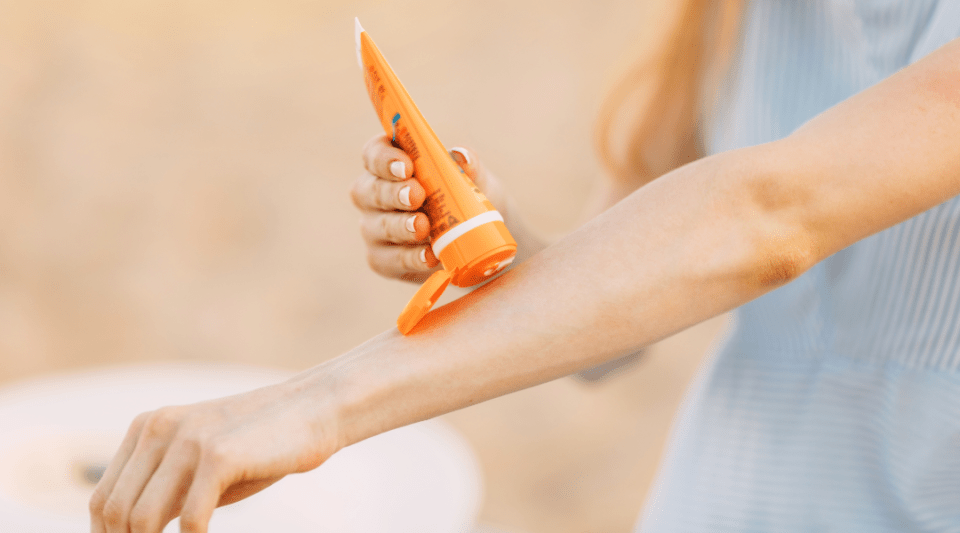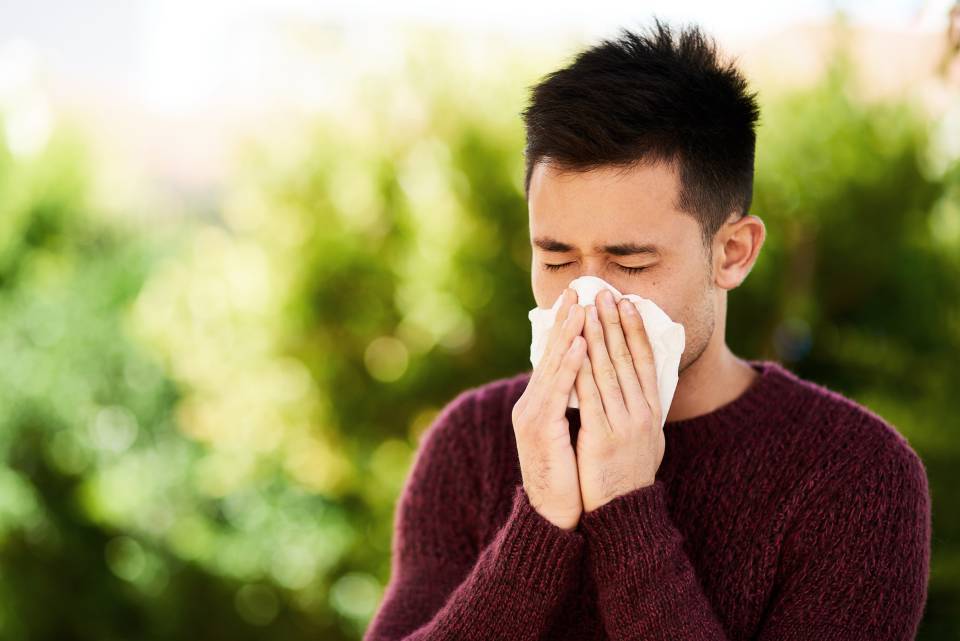The Sun: Both Friend and Enemy of the Skin
The sun is essential for life on our planet. It provides us with light, heat and is essential for the synthesis of vitamin D in our body. However, excessive exposure to the sun's ultraviolet (UV) rays can have negative consequences for the skin.
The dangers of UV radiation
There are 3 types of UV radiation:
- UVA: Penetrates deep into the skin and is mainly responsible for premature ageing.
- UVB: Mainly affects the superficial layers of the skin and is the main cause of sunburn.
- UVC: The most dangerous type, but it is absorbed by the ozone layer.
Prolonged exposure to UVA and UVB rays can cause damage to the DNA of skin cells and increase the risk of developing skin cancer.
Skin cancer: the silent enemy
Skin cancer is one of the most common types of cancer worldwide. It develops in areas exposed to the sun, such as the face, ears, neck and hands. There are three main types of skin cancer:
- Basal cell carcinoma (the most common)
- Squamous cell carcinoma
- Melanoma (the most dangerous)
Warning signs
You should be alert to any changes in your skin and examine yourself for them. Warning signs include:
- Asymmetrical moles or ones that change their shape
- Irregular Borders on moles or spots
- Colour changes in existing moles
- Diameter greater than 6 mm in moles
- Evolution or changes in the appearance of moles or spots
This is known as the ABCDE rule and, if any of these signs are observed, you should consult a dermatology specialist.
Effective Strategies for Skin Cancer Prevention
Skin cancer is highly preventable. Here are some key strategies for doing so:
- Limit your exposure to the sun: Avoid direct sun exposure during the hours of greatest intensity (generally between 10 am and 4 pm).
- Wear protective clothing: Wide-brimmed hats, sunglasses and clothing that covers most of the body can provide a physical barrier against UV rays.
- Seek out the shade: Especially during the hours of peak sunlight.
- Apply sun protection. Use a broad-spectrum sunscreen with a sun protection factor (SPF) of at least 30.
- Check yourself regularly: Check your skin monthly for any changes or abnormalities.
- Visit a dermatologist: Have annual check-ups with a healthcare professional.
Responsible use of sunscreens
A sunscreen is the first line of defence against damage from the sun. However, it is crucial to use it properly to get the maximum benefit.
Choosing the right sunscreen
When choosing a sunscreen, the following factors should be considered:
- SPF: Choose a SPF of at least 30 for daily use, and 50+ for extended outdoor activities.
- Broad spectrum: Make sure it protects against both UVA and UVB rays.
- Water resistant: This is important for water-based activities or if you sweat a lot.
- Skin type: Sensitive skin may require specific formulations.
Applying a sunscreen properly
The effectiveness of a sunscreen depends largely on it being applied properly:
- Apply generously 15-30 minutes before exposure to the sun.
- Use approximately 30 ml to cover the entire body.
- Don't forget areas such as ears, neck, tops of feet and exposed scalp.
- Re-apply every 2 hours or after swimming or excessive sweating.
Beyond sunscreen: comprehensive skin care
Comprehensive skin care involves more than just protection against the sun:
Hydration
Keeping your skin hydrated is crucial to its health and appearance. You should drink plenty of water and use moisturisers suitable for your skin type.
Cleansing
Cleanse your skin daily to remove impurities, excess oil and dead cells. Use gentle products that do not alter the skin's natural pH.
Nutrition
A diet rich in antioxidants, vitamins and minerals can strengthen the skin from within. It should include food such as fruits, vegetables, fish and nuts.
Adequate rest
Sleep is essential for cell regeneration. Sleeping between 7 and 9 hours a day helps maintain healthy skin.
Preventing skin ageing
Skin ageing is a natural process, but certain factors can accelerate it. Getting a sun tan is one of the main causes of premature ageing.
Signs of skin ageing
- Wrinkles and fine lines
- Dark spots or age spots
- Loss of elasticity
- Rough texture
- Dry, dull skin
Strategies to prevent premature ageing
- Daily sun protection: Use sunscreen every day, even on cloudy days or when indoors.
- Topical antioxidants: Products with vitamin C and E and retinol can help fight free radicals.
- Constant Hydration: Keeping your skin hydrated helps preserve its elasticity.
- Avoid harmful habits: Smoking and excessive alcohol consumption can accelerate skin ageing.
- Regular exercise: Physical activity improves the circulation, which benefits skin health.
Conclusions: A comprehensive approach to skin care
Skin care and skin cancer prevention require a comprehensive approach, combining sun protection, healthy habits and attention to skin signals. Adopting these practices can not only reduce the risk of serious diseases but also maintain a healthy skin.
You should remember that the skin is the largest organ in the body and requires care and attention. You should invest time in its daily care, pay attention to any changes in it and consult a health professional regularly.
Prevention and constant care are the keys to maintaining a healthy skin, protected against the harmful effects of the sun and the passage of time.






